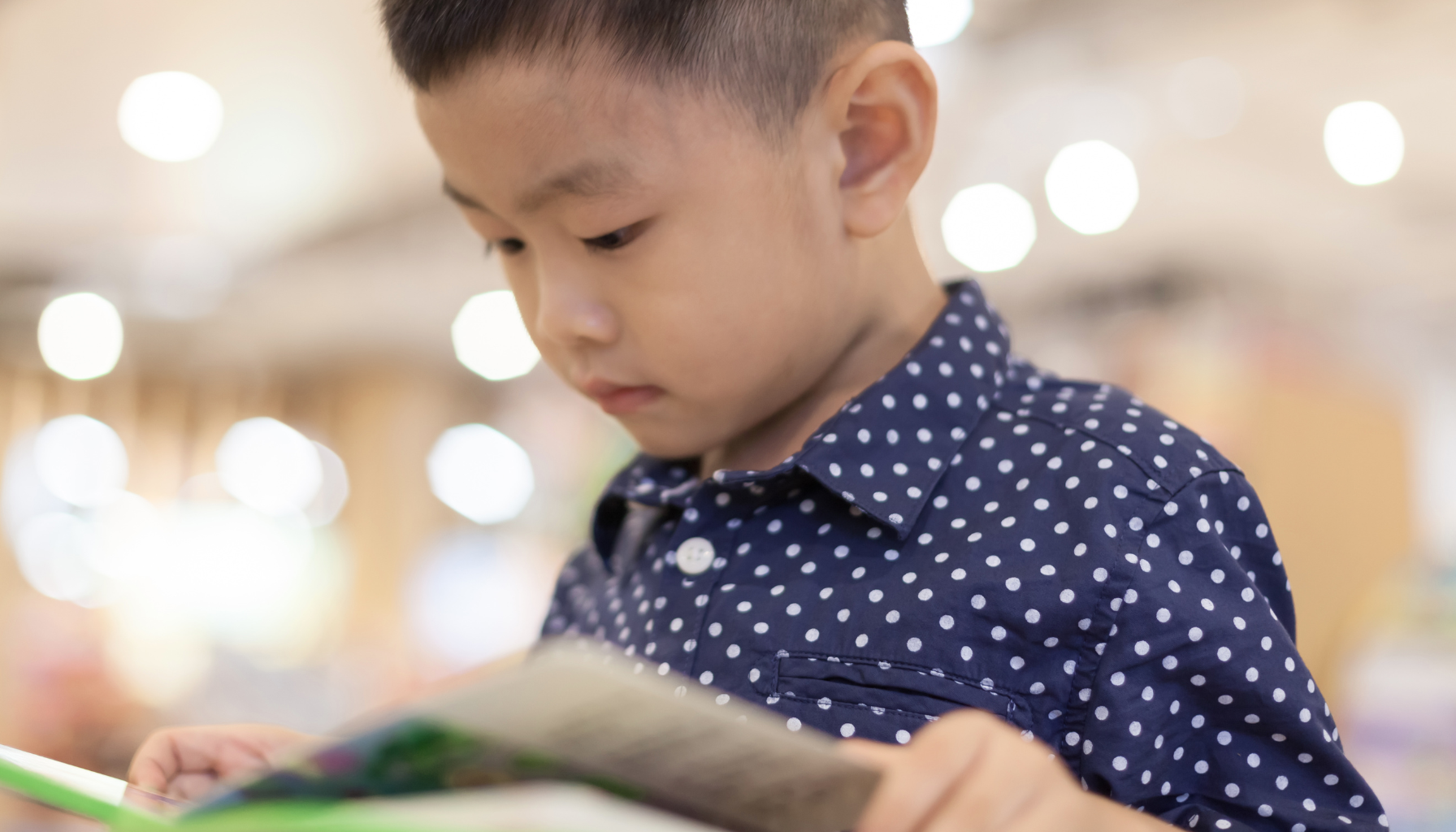As parents, we know how important it is to support our children’s overall development, and one aspect that’s often overlooked is emotional growth. Reading plays a crucial role in helping children understand their own feelings, develop empathy for others, and navigate emotional challenges. By encouraging your child to read, you’re not just helping them academically—you’re nurturing their emotional intelligence, which is vital for lifelong success. This article will explore the impact of reading on emotional development in children and why it’s essential for their growth.

What is Emotional Development?
Emotional development is the process by which children learn to understand, manage, and express their emotions in healthy ways. It involves recognizing their own feelings, developing empathy for others, and learning how to navigate difficult emotions like frustration, sadness, or anger. Emotional development is critical because it shapes a child’s ability to form relationships, handle challenges, and make decisions throughout life. As parents, nurturing this aspect of growth is just as important as fostering academic success.
How Does Reading Affect Emotional Development?
Reading is a powerful tool for emotional development, especially when children engage with stories that reflect a wide range of emotions and human experiences. Here are several ways reading can influence a child’s emotional growth:
1. Building Empathy
One of the most significant impact of reading is its ability to foster empathy. When children read stories about different characters facing challenges, experiencing joy, or dealing with loss, they learn to understand and feel what others are going through. Empathy is a crucial skill for building positive relationships and understanding perspectives beyond their own.
Example: Books like “Wonder” by R.J. Palacio teach children about acceptance and empathy by following the story of a boy with a facial difference navigating school and friendships.
2. Understanding and Expressing Emotions
Children often struggle to identify and express their own emotions. Through reading, they encounter characters who deal with a wide range of feelings—fear, happiness, sadness, anger—and see how these emotions are managed. This exposure helps children better understand their own emotional experiences and gives them a vocabulary to express how they feel.
Example: Books like “The Color Monster” by Anna Llenas, which visually depicts emotions, help young children learn to identify their feelings and express them in words.
3. Emotional Regulation
Another impact of reading on emotional development is that children also learn how to regulate their emotions. When they see characters facing tough situations, they observe how these characters manage their emotions and make thoughtful decisions. This can provide children with role models for managing their own emotions in difficult moments.
Example: Stories about perseverance, like “Inside Out & Back Again” by Thanhha Lai, help children understand how to handle frustration, fear, and even sadness while continuing to move forward.
4. Building Resilience
Many books focus on characters who face adversity and overcome challenges. This is the impact of reading on emotional development. Reading these stories helps children develop resilience, which is the ability to bounce back from setbacks. When children see how their favorite characters cope with failure or loss, they learn that setbacks are a normal part of life and that they can recover from difficult situations.
Example: Books like “The Adventures of Beekle: The Unimaginary Friend” by Dan Santat, where the protagonist faces challenges but continues to believe in themselves, encourage children to be persistent and resilient in their own lives.
5. Learning Conflict Resolution
Another impact of reading on emotional development is that many stories involve conflict, whether between characters or within a character’s own feelings. These scenarios can provide children with models for resolving conflicts in healthy ways. Through reading, children observe how conflicts can be addressed through communication, compromise, and understanding.
Example: Books like “Enemy Pie” by Derek Munson teach children about conflict resolution and the importance of empathy and forgiveness.
The Role of Parents in Encouraging Emotional Growth Through Reading
While reading offers incredible benefits for emotional development, parents play a vital role in maximizing these benefits. Here’s how you can support your child’s emotional growth through reading:
- Choose Books with Emotional Depth: Select books that explore a range of emotions and challenges. Books that deal with friendship, loss, happiness, and fear can all help broaden your child’s emotional understanding.
- Discuss the Stories: After reading, engage your child in a conversation about the book. Ask how they think the characters felt during specific moments, how they would handle similar situations, and what they learned from the story.
- Encourage Reflection: Encourage your child to reflect on their own emotions as they relate to the characters in the stories. Ask questions like, “How would you feel in this situation?” or “Have you ever felt the way this character feels?”
- Read Aloud Together: Even as children get older, reading aloud together offers opportunities for bonding and for discussing emotional themes in stories. This can also provide a safe space for children to talk about their own feelings in relation to the book.
Creating a Positive Emotional Development Environment
To further enhance your child’s emotional development through reading, create an environment that promotes both reading and open emotional expression. Set aside quiet, distraction-free time for reading, and make a variety of emotionally rich books accessible at home. You can also incorporate activities like storytelling or role-playing based on the books they read, which allows children to engage with emotional lessons in more interactive ways.
Final Thoughts: The Long-Term Impact of Reading on Emotional Development
The impact of reading on emotional development is profound, offering children tools to understand themselves and others better. By encouraging your child to read a wide variety of books, you are helping them build empathy, resilience, and emotional intelligence—skills that will benefit them throughout life. In a world where emotional intelligence is just as important as academic success, reading is one of the best ways to nurture both.
At Gold Star Education, we understand the value of a well-rounded education that includes both academic excellence and emotional development. As the best Cambridge and IB learning center in Jakarta, we offer programs designed to support not only your child’s academic progress but also their emotional growth.
Click here to learn more about how we can help your child reach their full potential.
Don’t forget to follow @goldstareducation on Instagram for more tips on supporting your child’s learning journey and emotional development!
By:
Felicia G






0 responses on "The Impact of Reading on Emotional Development in Children"